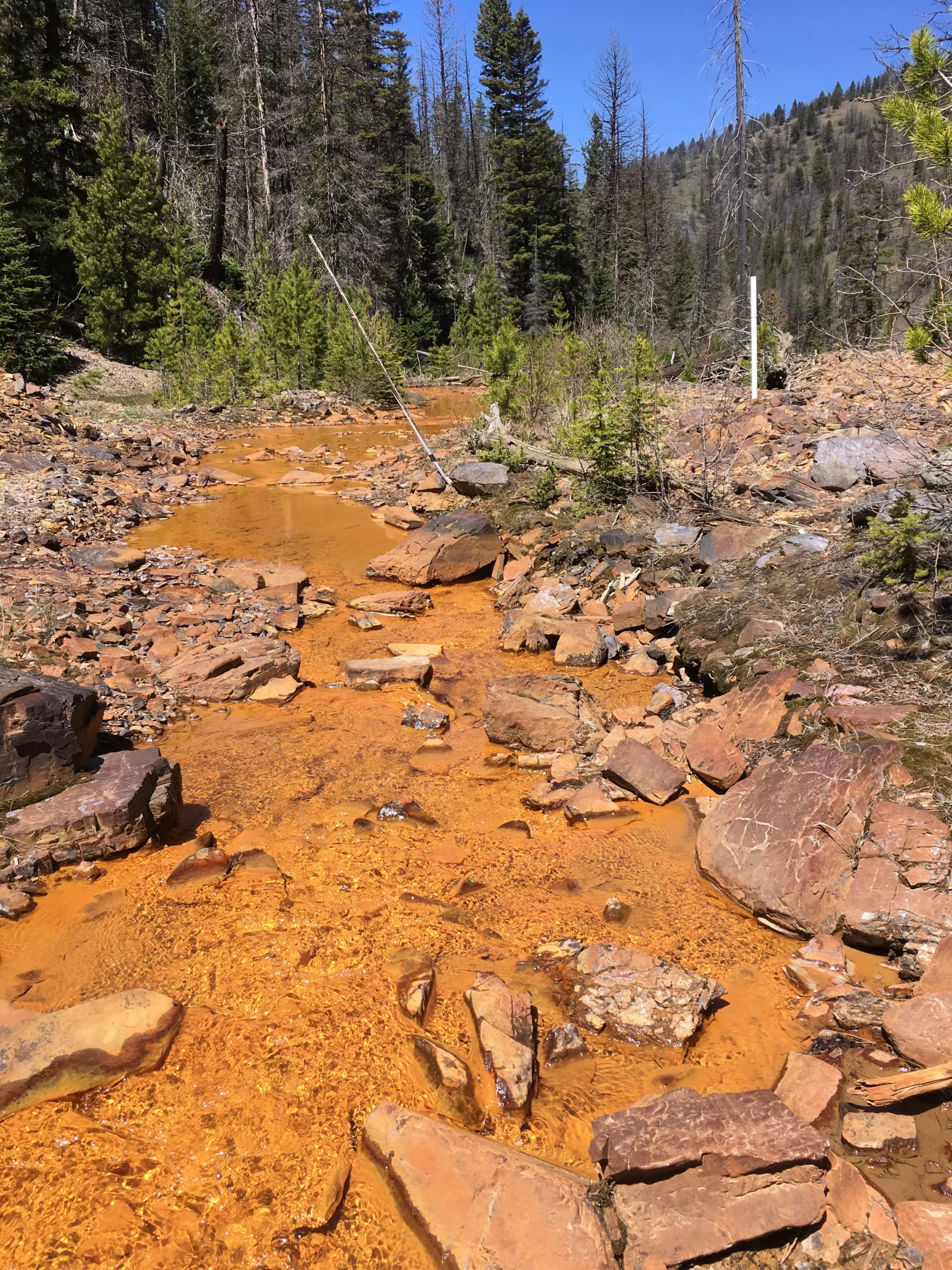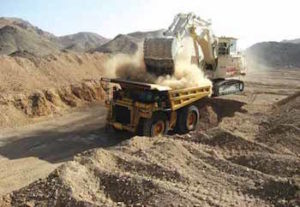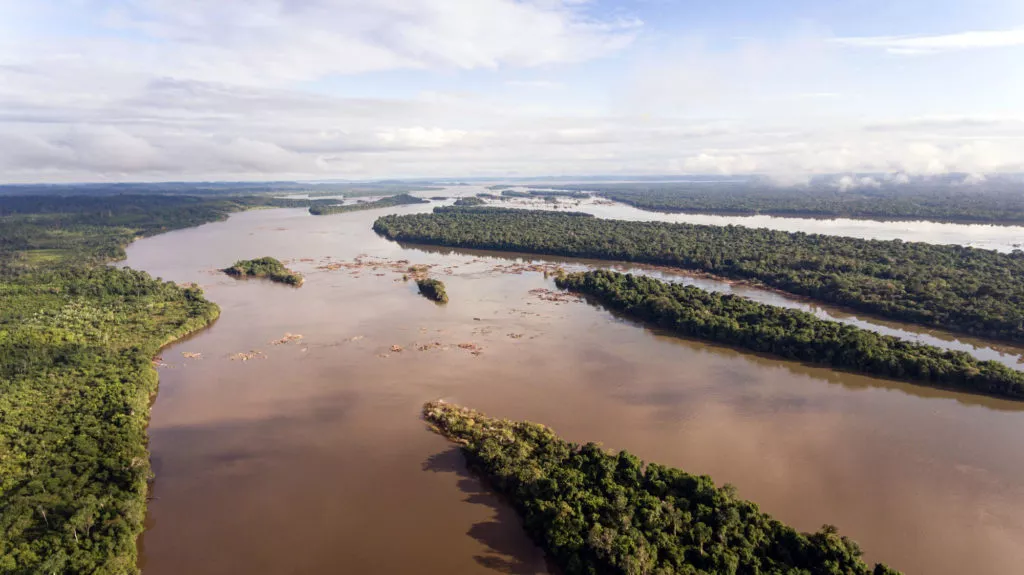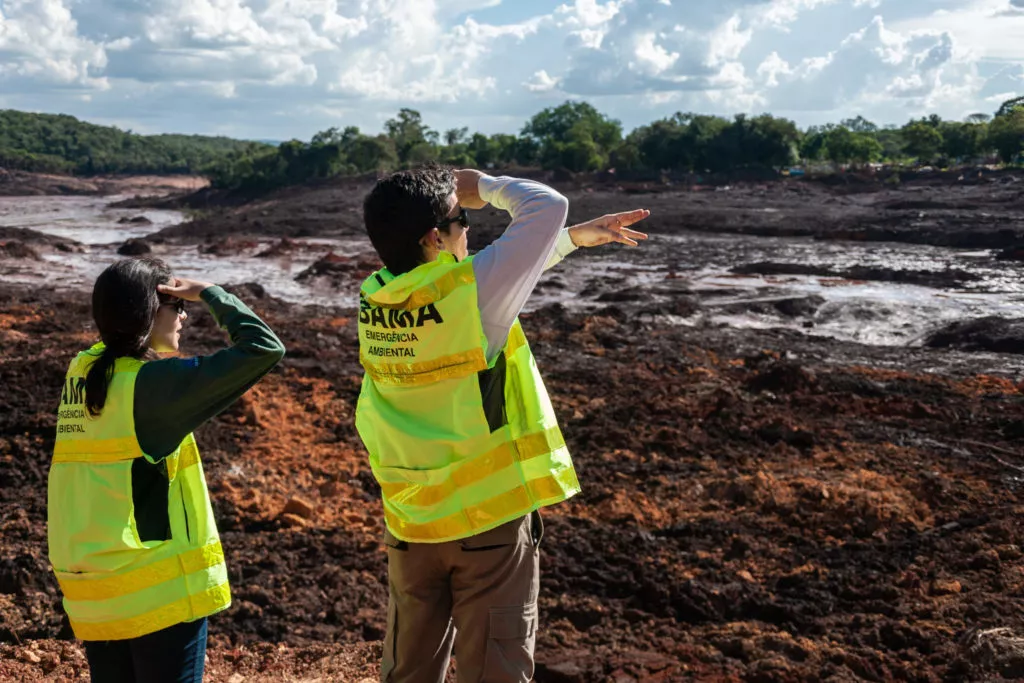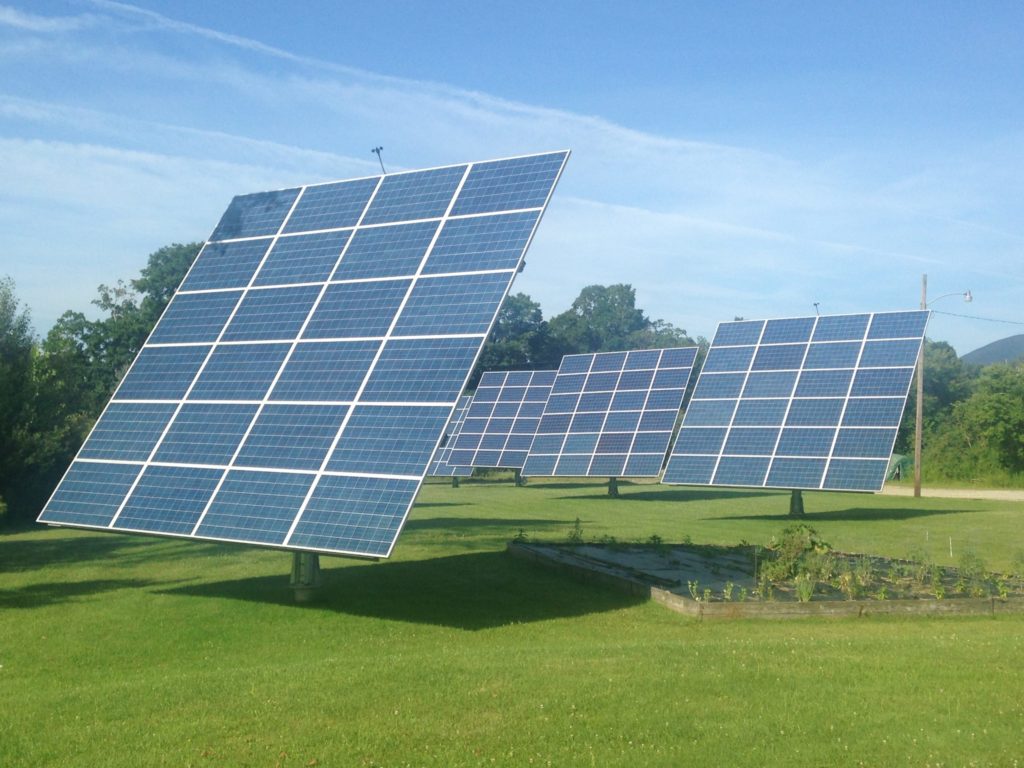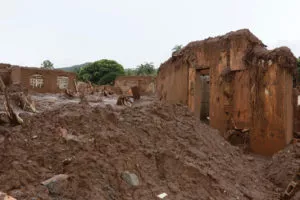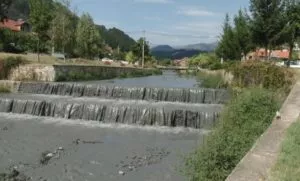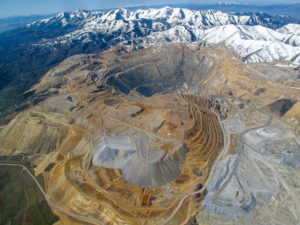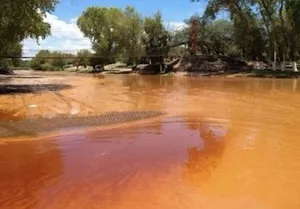Families across the country live with pollution from irresponsible mining, and taxpayers—not polluters—too often pay for a cleanup bill which has reached $50 billion.
Why?
Because of the 1872 Mining Law, which governs hardrock mining on 350 million acres of federal public lands, mostly in the West and Alaska: more than 15% of all the land in the United States. The law is out of touch and out of scale with modern industrial hardrock mining, and desperately needs to be updated. We need a mining law that will protect drinking water, give communities a voice in mine permitting decisions that affect them, and hold mining companies responsible for their pollution.
A law that rips off taxpayers
The Mining Law directly subsidizes extraction by allowing mining interests to mine taxpayer-owned minerals without paying any royalties, unlike other extractive industries. Whoever stakes a claim and discovers valuable minerals on public lands claims those riches—more than $300 billion and counting since 1872—without giving taxpayers a dime for them.
A law with a heavy environmental price
19th century America wasn’t concerned with environmental protection, so the 1872 Mining Law contains no environmental protection provisions—and hardrock mining has been the country’s #1 toxic polluter for as long as anyone has kept track. Loose regulations allow mining companies to come in, dig riches out of the ground, and leave the mess. Too often, taxpayers—not the polluters—are paying for cleanup.
- America is littered with hundreds of thousands of abandoned mines that EPA estimates will cost taxpayers $50 billion+ to clean up. And taxpayers are potentially liable for billions more in cleanup costs at currently operating mines.
- According to the Environmental Protection Agency, 40% of the headwaters of western U.S. watersheds have been polluted by mining.
- The Associated Press reports (as of 2019) that every day hardrock mines collectively produce around 50 million gallons of polluted waters, threatening water supplies of downstream communities.
- Hardrock mining can pollute water for thousands of years after a mine closes, requiring perpetual water treatment–and the funding for that treatment—to protect communities who live downstream. Dozens of perpetually water-polluting mines are permitted and more are proposed.
A law that trumps all other land uses
In the modern era, federal land management agencies have consistently argued that they cannot deny hardrock mining proposals because of the 1872 Mining Law. Federal land managers are on record declaring that the 1872 Mining Law gives them no choice but to permit mining, no matter if the land is better used for recreation, conservation, renewable energy, or even fossil fuel extraction. If you hold a mining claim, the federal government treats that claim as a right-to-mine.
The way forward
Earthworks is working to reform this archaic law to better protect taxpayers, communities and the environment. We work with federal, state and local governments, the mining industry, and impacted communities.
For More Information
- Fact sheet: The 1872 Mining Law
- Fact sheet: The Hardrock Leasing and Reclamation Act of 2019
- Fact sheet: Places at Risk
- Earthworks: 1872 Mining Law – Reform requirements
- Earthworks: 1872 Mining Law – Abandoned mine legacy
- Environmental Protection Agency: Toxics Release Inventory
- Environmental Protection Agency: Liquid Assets 2000
- Associated Press: 50M gallons of polluted water pours daily from US mine sites

